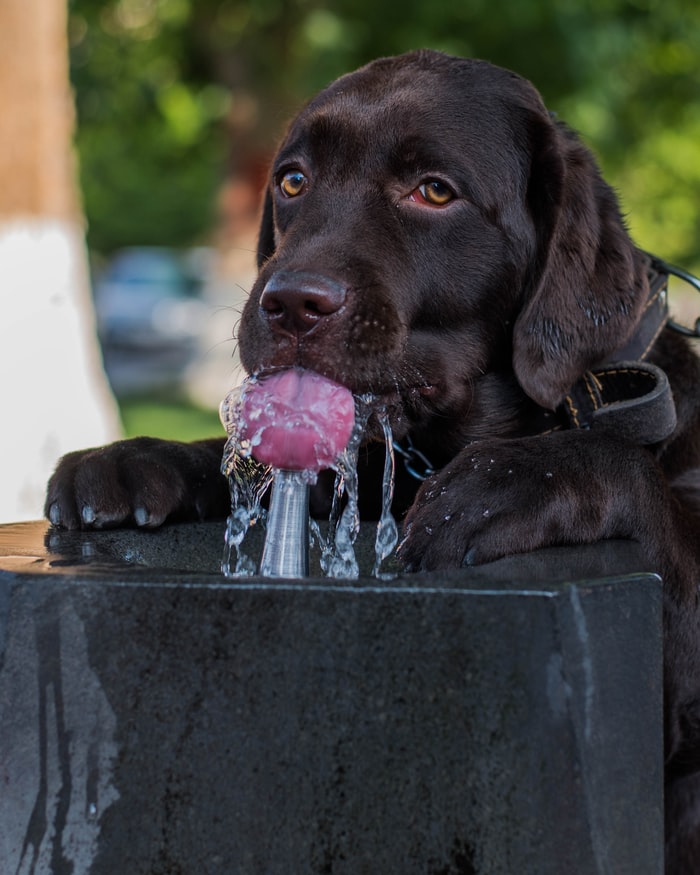
Students should consult with their academic program regarding final certifications and requirements for graduation.

The degree and major requirements displayed are intended as a guide for students entering in the Fall of 2023 and later. Elective credits will be completed through a combination of didactic courses and clinical rotations during years three and four. Blocks of elective classroom and lab courses interspersed throughout allow students to build on their knowledge in a range of diverse topics.Ĭompletion of all core courses and 160 elective credits is required for graduation. In three-week blocks, students will work directly with many of the world's leading veterinarians as they see and treat patients together. The Clinical Curriculum: Years Three & Four
VMD DEGREE 90087645229 NAMMRE OF THAT JHON WILLIEM DRIVERS
Of Clouds and Clocks: Becoming a Veterinary Scientist IV I can either turn on Intel VMD and use the VMD driver from Intel (part of IRST) for my two SSDs - with no RAID, I am not interested in setting up RAID, or I can disable Intel VMD and run standard NVMe drivers (or Samsung NVMe for my one Samsung SSD). The Hippiatrika: Becoming a Veterinary Clinician IV Of Clouds and Clocks: Becoming a Veterinary Scientist III The Hippiatrika: Becoming a Veterinary Clinician III Of Clouds and Clocks: Becoming a Veterinary Scientist II The Hippiatrika: Becoming a Veterinary Clinician II Of Clouds and Clocks: Becoming a Veterinary Scientist I The Hippiatrika: Becoming a Veterinary Clinician I Year One "Animal in Health" focuses on the form and function of healthy animal and Year Two "Animal in Disease" delves into prevention, diagnosis, and treatment of diseases. The curriculum begins with a mirror-structured, two-year core.

Their educational experience is also enriched through interactions with the vibrant, multifaceted biomedical establishment in and around both the University of Pennsylvania and the larger Philadelphia region, with its many facilities in healthcare, research, and technology. Our students benefit from Penn Vet’s commitment to making veterinary medicine more inclusive. Offering the VMD, Penn Vet is committed to innovative educational programs to train veterinarians and biomedical scientists pioneer research and the discovery of new knowledge in the basic and applied sciences and maintaining a strong commitment to specialized veterinary medical care and service. The synergy generated by Penn Vet’s interaction with the University community and the biomedical establishment in the Delaware Valley creates unique challenges and opportunities to excel in teaching, research and service.

The School of Veterinary Medicine of the University of Pennsylvania (Penn Vet), an integral part of a comprehensive, multi-disciplinary university, exists to better the health and welfare of animals and humans. The two most common veterinary degrees include the Doctor of Veterinary Medicine (DVM) and the Veterinary Medical Doctor.


 0 kommentar(er)
0 kommentar(er)
